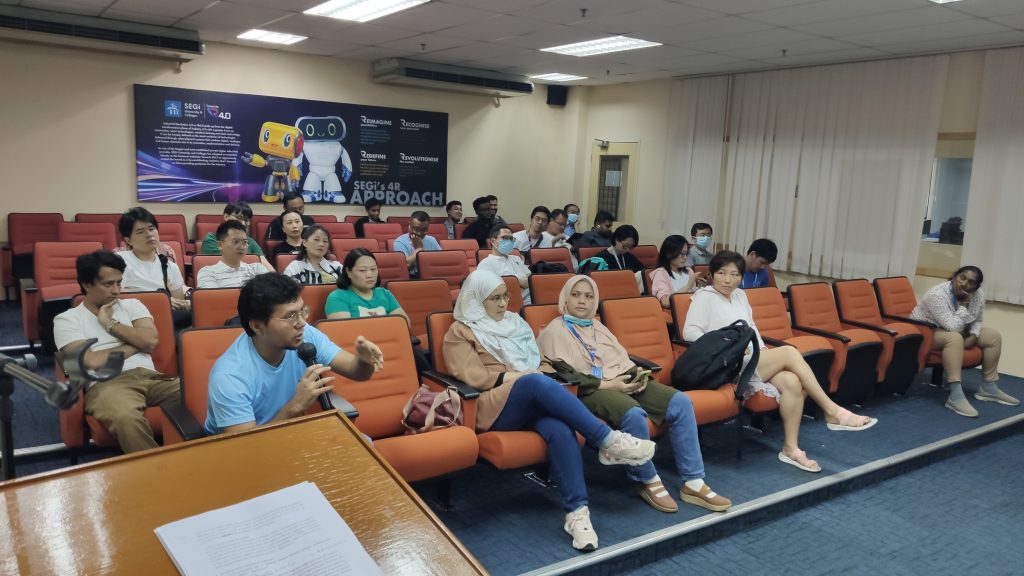SEGi University’s Faculty of Engineering, Built Environment & Information Technology hosted a dynamic Research Colloquium on 28 February 2024, featuring groundbreaking research presentations addressing pressing global challenges. Attended by 40 participants, including Master’s and Ph.D. students alongside esteemed lecturers, the event showcased pioneering efforts across diverse domains.
The colloquium kicked off with Ir. Azri Adi Bin Arbai’s presentation on the ‘Photovoltaic Watering Plant System with IoT’. Arbai’s innovation integrates soil moisture and air humidity sensors into an automated plant watering system, revolutionising modern agriculture. This breakthrough not only ensures optimal plant hydration levels, thus enhancing crop yield and sustainability, but also aligns with Sustainable Development Goal (SDG) 9, fostering technological advancements in agriculture.
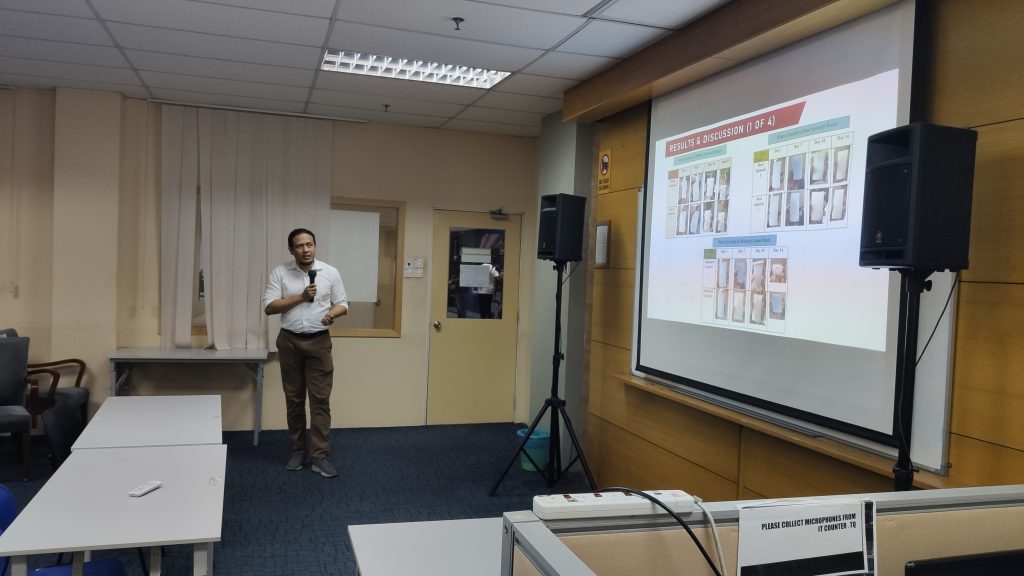
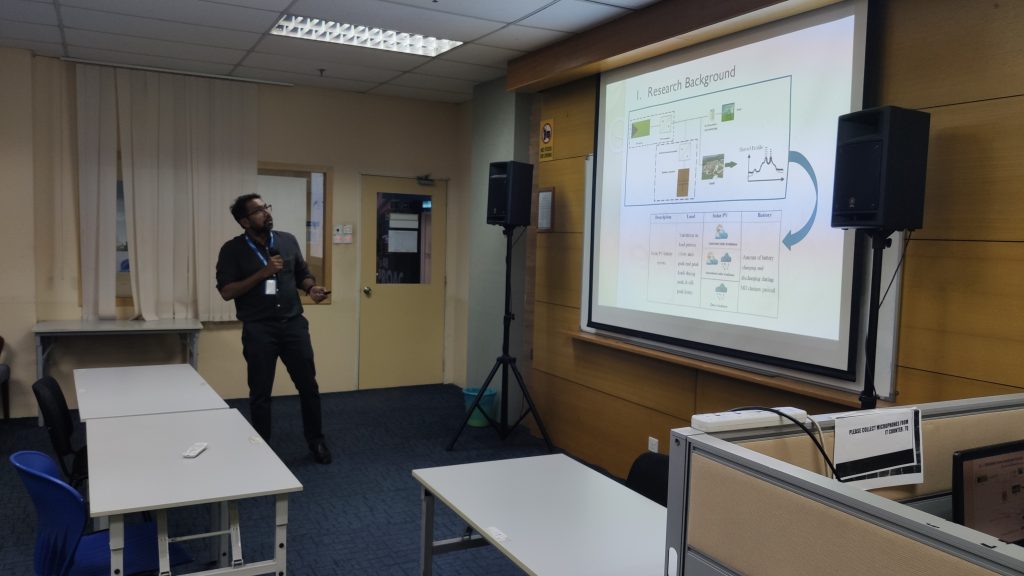
Following this, Ir. Dr. Gopinath A/L Subramani introduced a sophisticated model for ‘Maximum Demand Reduction Modelling using MATLAB Stateflow®’. By optimising solar PV-battery systems, Subramani’s model effectively reduces energy demand, thus contributing to SDG 7 by increasing the efficiency of renewable energy systems and supporting SDG 13 by curbing greenhouse gas emissions.
Mr. Walisijiang Tayier unveiled a pioneering technique for ‘Joining Stainless Steel with Zinc Powder using Microwave Hybrid Heating’. Tayier’s method promises superior bonding and microhardness, presenting vast applications across various industries. This project aligns with SDG 9 by advancing innovative manufacturing techniques, potentially leading to more sustainable production processes.
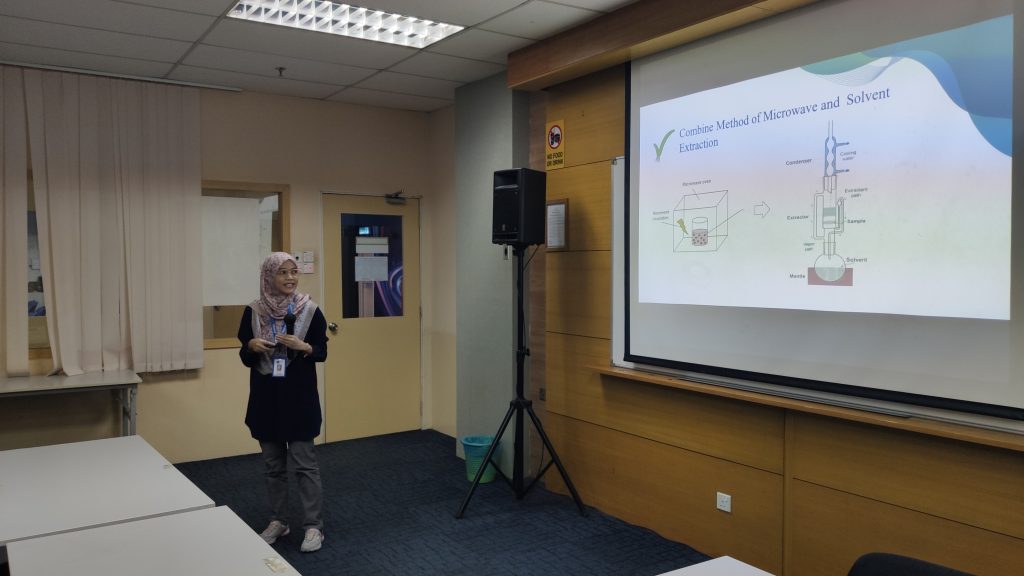
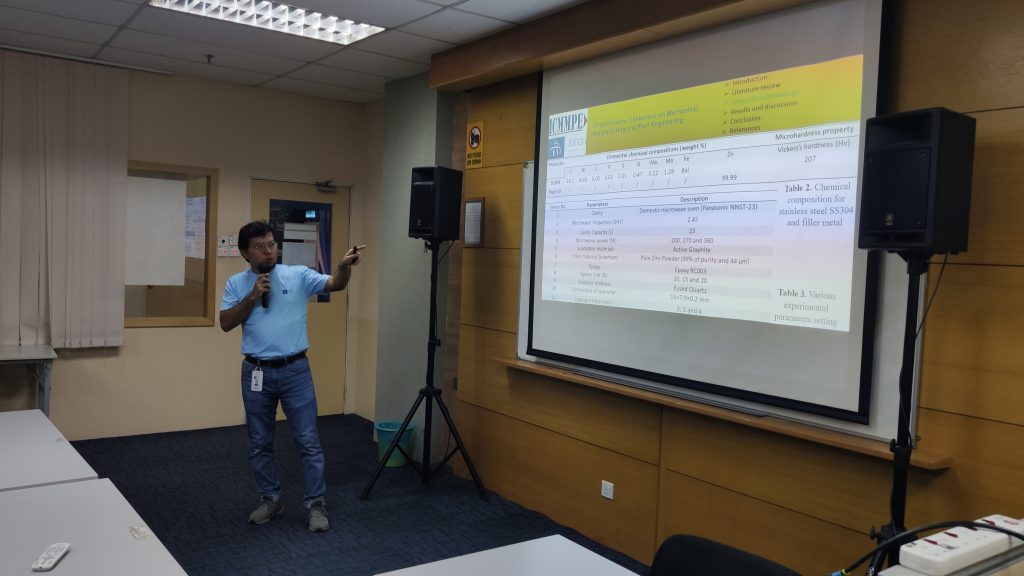
Lastly, Dr. Izni Atikah Binti Abd Hamid presented her research on the ‘Kinetics of Papaya Leaf Oil Extraction using Microwave and Solvent Method’. Her work demonstrates faster transfer rates and the pharmaceutical benefits of this extraction process, laying the groundwork for innovative medicinal products. Aligning with SDG 9, Hamid’s research contributes to technological innovation in pharmaceutical production.
The colloquium not only provided attendees with insights into cutting-edge research methodologies and technological innovations but also fostered collaboration and knowledge exchange for future endeavours. These projects exemplify the interdisciplinary nature of sustainable development and underscore how research and innovation can address multiple SDGs simultaneously.
As the curtains draw on SEGi University’s Research Colloquium, it becomes evident that the exchange of cutting-edge ideas and collaborative spirit showcased therein not only highlights the institution’s commitment to innovation but also underscores its pivotal role in driving transformative change towards a more sustainable tomorrow.
